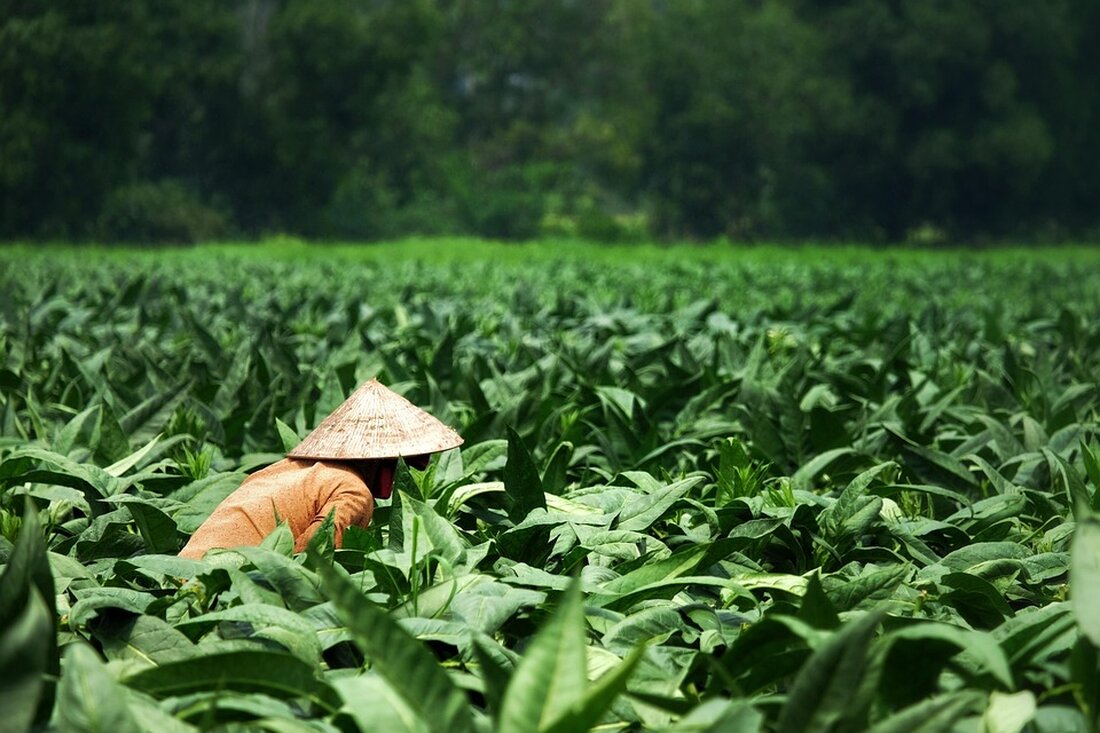Vietnam is focusing on new tourism horizons: opportunities and challenges!
Discover the future of tourism in Vietnam and globally: growth, challenges, regional development and sustainability.

Vietnam is focusing on new tourism horizons: opportunities and challenges!
Tourism in Vietnam is facing far-reaching changes that require a profound realignment. On May 25, 2025, the country decided to open up new growth poles. These are to be built in regions such as Hai Phong-Hai Duong, Lam Dong-Dak Nong-Binh Thuan and Ha Giang-Tuyen Quang. The vision includes comprehensive development spanning diverse landscapes - from the sea to the forests, from the plains to the plateaus. The aim is to diversify the tourism product lines and thus create an attractive offer for travelers. How vietnam.vn reports, the aim here is to no longer continue the development of tourism in an isolated and fragmented manner.
A central aspect of this merger process is to systematically reorganize the tourism product system. This is intended to preserve cultural monuments and attractions that represent the memory of the community and act as national tourism brands. These efforts emphasize the importance of sustainable development in a sector that is becoming increasingly important.
Global trends in tourism
The international tourism sector is emerging as a potential leading economy of the 21st century. Around 10% of all jobs worldwide contribute directly or indirectly to the industry, and tourism plays a crucial role in global value creation. According to the bpb The sector contributes around a tenth of the global economy. But in connection with these growth figures, criticism of the tourism sector is also becoming louder. Overtourism in particular, which leads to congestion in popular travel destinations, is a pressing problem.
Numerous studies have addressed the ecological and socio-cultural impacts of tourism since the 1970s and point to the need for a balance between ecologically and socially compatible tourism and the economic effects. Technological development and growing prosperity are closely linked to the development of tourism.
Challenges and opportunities
The coronavirus pandemic has hit the tourism sector particularly hard, resulting in a 73% drop in international arrivals and a 64% drop in revenue in 2020. In Germany, one of the big players in tourism, the decline in foreign guests was 70%. Nevertheless, the industry is of great importance in Germany; it directly accounts for 4.4% of gross value added and employs over 2.9 million people.
A look at urban travel destinations shows the dynamics and challenges associated with booming city tourism. Cities like Berlin, Munich and Hamburg attract numerous tourists. The need to find new management approaches in tourism in order to increase acceptance among the local population is becoming increasingly urgent.
The paradigm shift in tourism governance that takes into account social and environmental dimensions could be crucial to meet the challenges of tourism while sustainably exploiting the growth potential. Vietnam's plans are at a turning point that presents both opportunities and challenges.

 Suche
Suche
 Mein Konto
Mein Konto